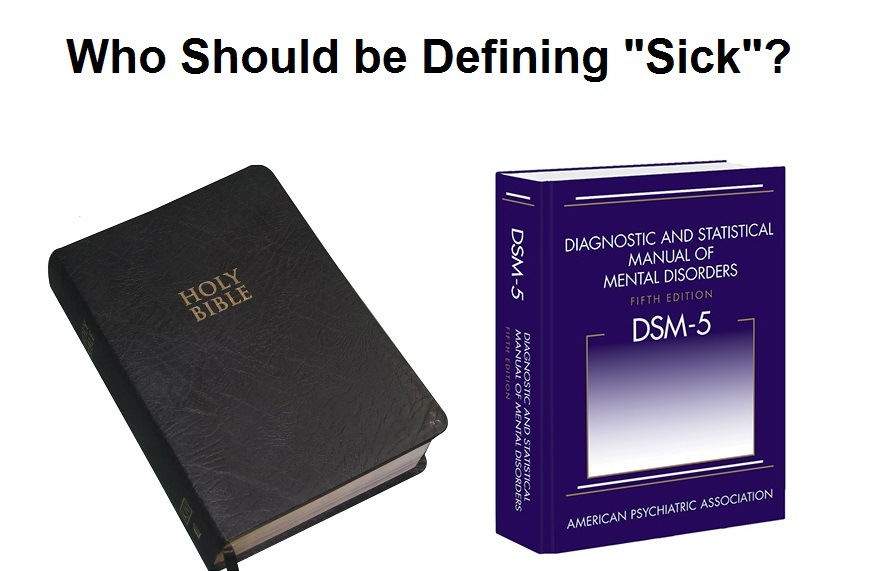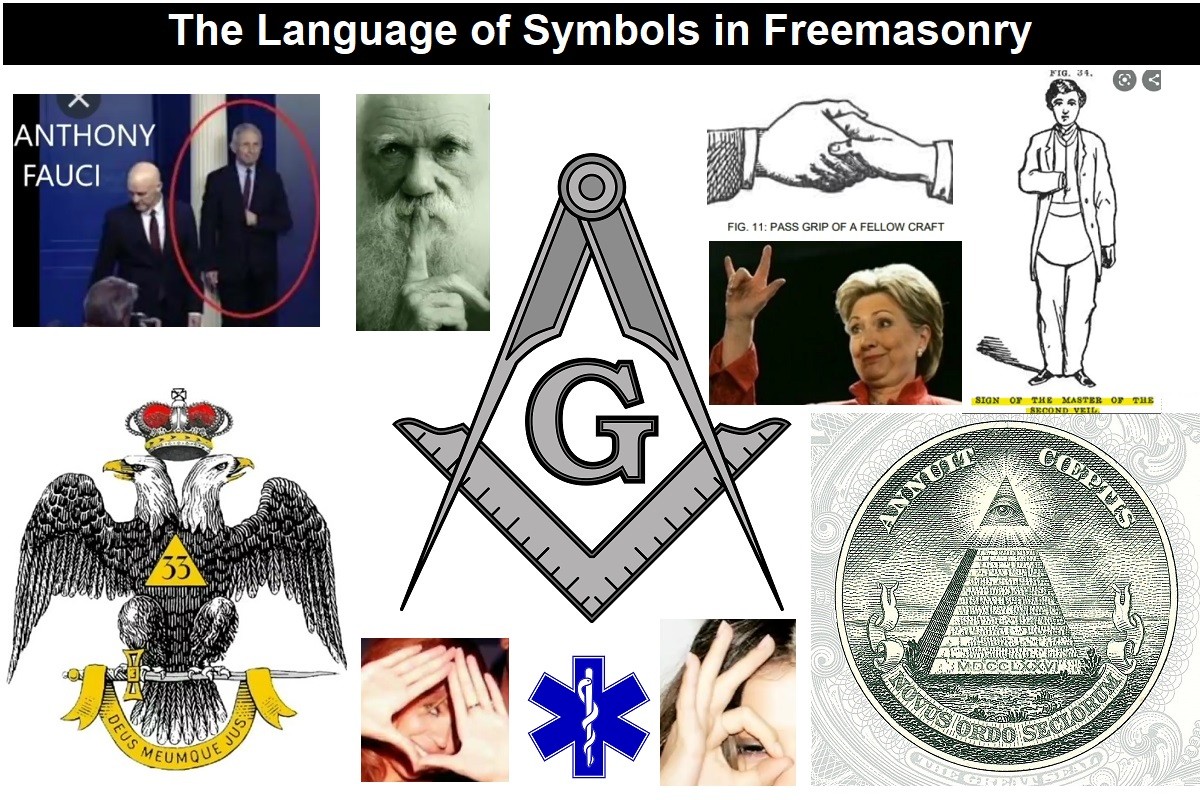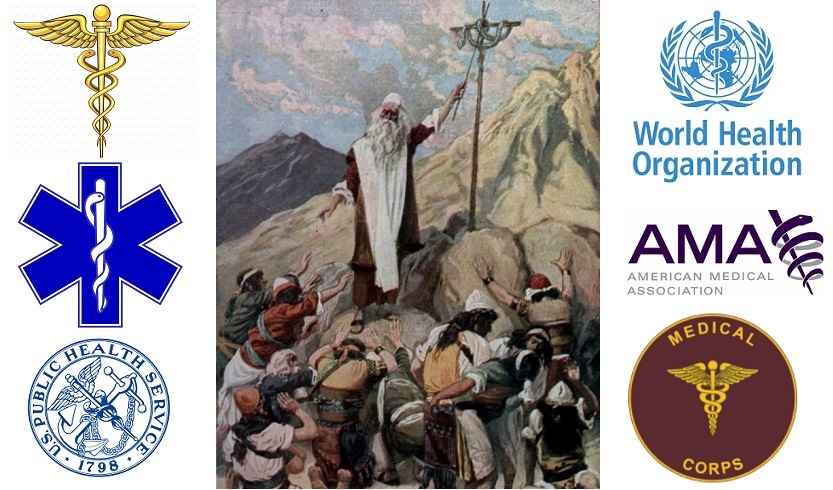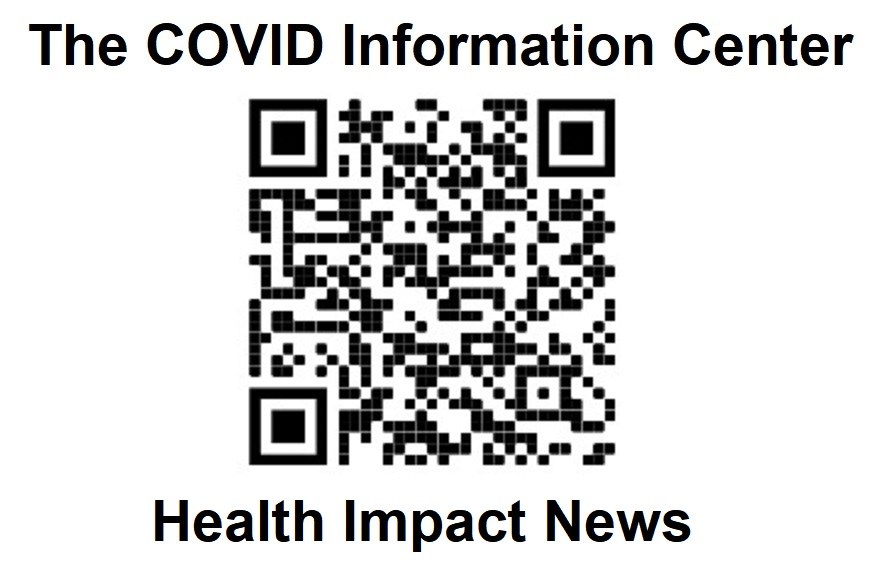Do You Really Have Nothing to Hide? The “Right to Remain Silent” Protects the Innocent
Posted by admin on

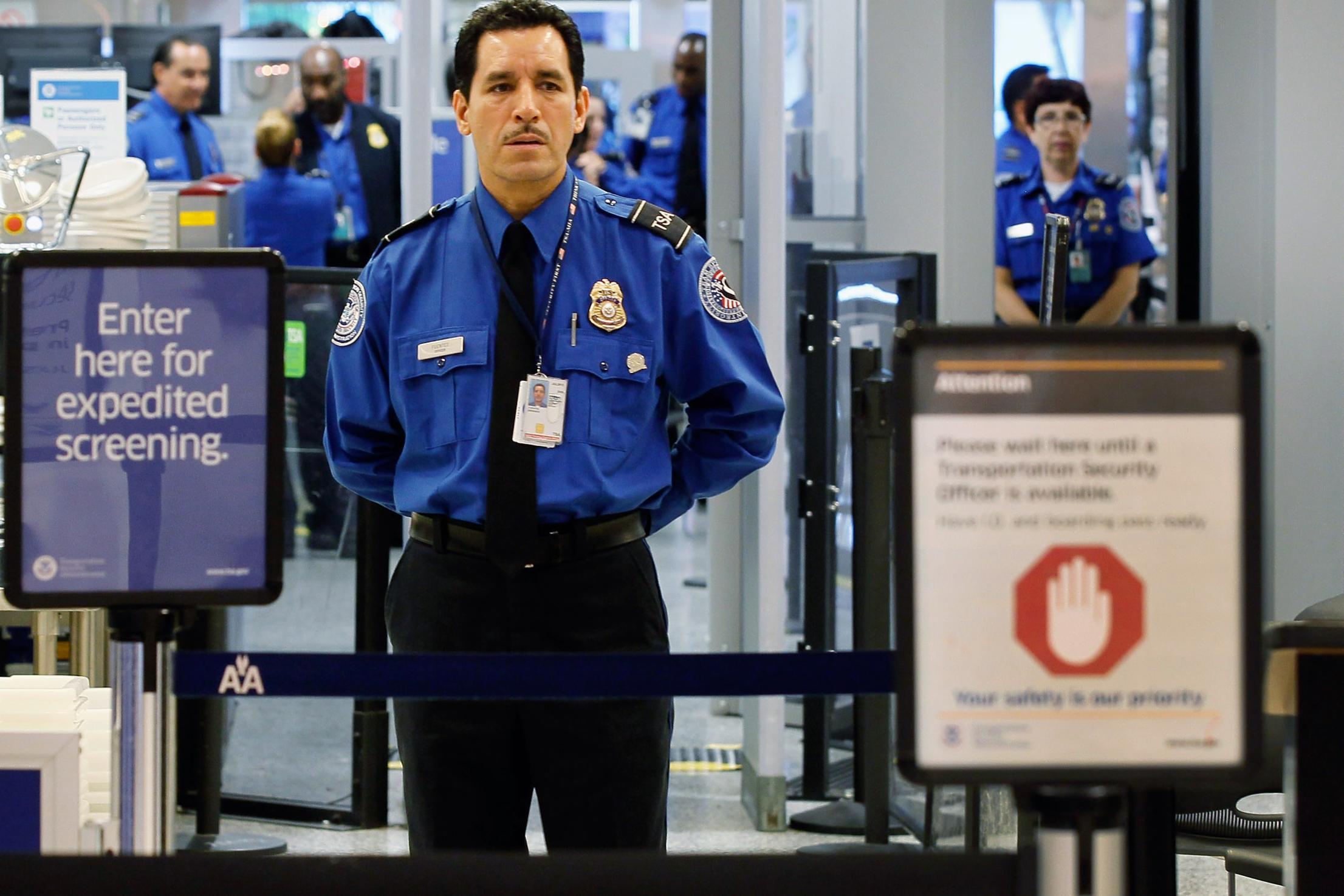
Comments by Brian Shilhavy
Editor, Health Impact News
The Bill of Rights contains the 5th Amendment, which is the right to remain silent. This is the one right that law enforcement hates, and the American public has been conditioned to believe over the years that this amendment is only for criminals who don’t want to incriminate themselves, and so they have been trained to say to you: “If you don’t have anything to hide, why won’t you answer my questions?”
But the fact is that the 5th Amendment was placed in the Bill of Rights to protect innocent people from a tyrannical government. If you have never watched Law Professor James Duane’s classic lecture to a group of students on why he is “proud to admit that I will NEVER talk to a police officer,” this is must viewing.
Generally, when questioned by officers, the best response is to simply state: “I don’t answer questions.”
These officers are counting on you not knowing your rights, and being able to intimidate you for information.
I clearly remember one time a few years ago when my family was driving from Texas to California, and my oldest son was driving. We were going through New Mexico, and even though we were miles away from the border, we were stopped at a check point.
After my son showed the border patrol officer his driver’s license, she then asked him: “Where were you born?”
I was in the passenger seat, and I leaned over and told her: “He doesn’t have to answer that question. Can we go now?”
She got upset, but after calling her supervisor, she waved us through.
I have three children, and they were all born in different countries (one of them in Saudi Arabia while I was teaching at a university there), but they are all U.S. Citizens and their birthplace is most certainly not information that has to be given to any law enforcement officers.
In an article published by Robin Koerner at the Brownstone Institute today, you will learn how innocently answering questions posed by a TSA Officer can result in you being put on a list where you can no longer travel, even if you did nothing wrong.
Do You Really Have Nothing to Hide?
by Robin Koerner
Brownstone Institute
Acouple of years ago, I returned to my home city of Seattle from the UK, where I had been teaching and visiting family.
As I was about to leave SEA-TAC airport, I was standing, with my bags already collected from the carousel, in a line to hand my arrival card to an officer before being allowed to exit the airport.
I was pulled out of that line, seemingly at random, by an officer who wished to search my bags and ask me some questions.
He took me to a nearby dedicated area for the purpose and, as he started going through my things, the questions began.
First he asked me what I had been doing abroad and where I had stayed. I told him I had been teaching in Oxford and then visiting family, staying at my mother’s home.
He asked me if I had witnessed any violence in the UK. I had not. He then asked me what I thought of the political events – especially the protests – that had been going on in the USA during the summer of my absence. I thought that question strange. Why would a customs officer have any interest in my political views? I told him honestly that I had been much too busy to have paid attention to it but would be happy to have a discussion about Brexit, about which I had plenty of views and which I had spent a good deal of time talking about to students in England.
He turned to other things, asking me whether I’m on social media. I am. He handed me the scrappiest piece of paper and a pencil and told me to write down all of the communication social media apps that I use, along with my corresponding usernames. I balked.
“Why?” I asked him.
He told me he was doing his job.
“Sure”, I asked, “but what is the purpose of this part of your job? Why these particular questions?”
“That is decided at a pay grade above mine,” was his reply. Apparently, he had stock lines to be deployed to avoid answering questions like the one I had just asked him: it was a line he repeated as I restated my questions.
“But why wouldn’t you give me this information?” he pressed.
I told him that all the government has to do is Google me to find all of this information about me, including my social media presence. I asked him if he had heard of Edward Snowden. The officer seemed to need some clarification. I explained that I did not trust what the US government does with my personal information and I wasn’t going to make its job easier by writing it all down and handing it all over. I can’t remember if I mentioned the Fourth Amendment, but I remember thinking it.
He tried another angle. “Where do you stay in the UK when you’re not working?”
“I’ve told you. I stay with my mother.”
“But what address do you stay at?”
At this point, I could feel my heart pounding. Why was this question-avoiding border officer of the USA asking for my mother’s address – my mother who is not even American?
“My mother,” I told him, “has not given me permission to give out her personal information to agents of foreign governments.”
I suppose that was ballsy – and the officer could see a face that said that I was willing to accept whatever were the consequences of that answer.
Rather than mete any out right then, he tried to deescalate and told me that “nothing bad would happen to” me if I didn’t answer his questions.
“We’re just talking,” he explained, “and you’ve given me a good reason why you wouldn’t want to answer that.”
There was more to the entire interaction than that, of course, but those exchanges capture it nicely.
He eventually let me go – but I was left in a spin with my blood pumping. Why all the attempts to get that personal information about my family members? Why all the intrusive questions into my personal views? Why the scrappy paper and pencil to write down – literally write down – all of my social media accounts and communication apps?!
Two weeks later, I received a letter from the Department of Homeland Security, telling me that my Global Entry pass had been revoked. No reason was given, but there was a website that I could log in to file an appeal. I had to create an account where I could view a notification of my revocation of status. The only means of communicating about the revocation was an online form that became available to me once I had created the account.
Accordingly, I sent a brief message about having had my Global Entry status revoked with no reason given, and asked for the reason so that I might defend myself against it.
Soon thereafter, I received a further letter telling me that my appeal had been rejected.
What appeal? I had made no appeal. I had merely sent a request for information – information that I would (obviously) need to make any appeal. My message had apparently been read by a government official who, like the officer at SEA-TAC, was merely doing his job – and very possibly with no understanding of why he was assigned the tasks he was doing. Since, evidently, I had contacted DHS using the means provided for appeals, my enquiry was treated as one and, since it contained no information that would support an appeal (since it was an enquiry asking for that information), it was rejected as one.
That means of electronic contact was then no longer available to me: it could only be used once because only one “appeal” was allowed.
So I filed a “Freedom of Information Act” (FOIA) request for all information related to the revocation of my Global Entry status and the incident at SEA-TAC on that day.
About six months later, I received a partially redacted copy of the report that had (presumably) been written by the officer who had interrogated me at the airport.
Not one sentence in the report was accurate.
I was stunned and a little scared by what I was reading. The officer may as well not have spoken to me that day before writing that report: it would have been no less accurate. Apparently, the government now had a file about me containing multiple pieces of false information that I had no obvious means of challenging.
I wanted to look the officer who wrote it in the eye, have a conversation with him about what transpired, and see what truth we converged on – and I wanted to do it in front of witnesses. I could trust my memory; I wanted to see if he could trust his.
Since I knew he worked at Sea-Tac airport, I took an afternoon off and headed back to the TSA office there.
I very politely informed the officer at the front desk (Officer 1) that I had a TSA-related problem that I needed help with and did not know where else to go. There seemed to have been some egregious mistake in which one of their officers was involved – about which I had evidential documentation – and I was seeking help to resolve it.
I was passed from the front desk to one of another officer (Officer 2) at a desk inside.
I started by being grateful for his time – and making it clear that I was there because I had a problem that was causing me anxiety. I was not angry or accusatory. I indicated that this was about the fact that TSA had written a report about me, of which I have a copy, that is almost completely false, and resulted in my losing my Global Entry privileges. That being the case, I wanted the record corrected and my “name cleared.” I offered one particularly clear and egregious falsehood from the report, where I was able to quote both the report and what I had actually said and done, which contradicted it. I was able to be very specific and I invited the TSA to check any recording devices that they were running in the airport that day to obtain evidence of my claim.
Officer 2 had not, I think, encountered a situation like this before – presented with the TSA’s own confidentially held documentation about a member of the public who had a copy of it and was being more than reasonable about multiple, specific, and provable grievances.
A more senior officer (Officer 3), who had been listening in, invited me over to his desk. I was moving deeper into the room and up the ladder. I went sentence by sentence through the report, contrasting what had been written with the truth.
I suggested that I meet the officer who originally wrote the report in front of witnesses and have our conversation recorded so that the record could be corrected. Perhaps then we could clear up this matter. That request made it obvious that I was on very solid ground. After all, I was offering to resolve the matter on “TSA territory” in a way that would give the original interrogating officer who put me in this position the opportunity to explain himself and bring his evidence as I was bringing mine. Faced with such reasonableness, Officer 3 asked me to wait and he called over the head TSA officer at the airport (the Chief). No one else, I suspect, had the authority to decide either way on my unusual request.
The TSA chief gave me his card to show me I was speaking to the top man in the airport now. I went through the whole story one more time. The Chief told me that whereas he was not permitted to discuss private TSA records, he could discuss the one in my hand, which was, he confirmed, an accurate copy of their own.
Now I was getting somewhere. The Chief seemed to really want to help. I had a perfectly good reason to be there; I could provide it; I was being as reasonable as anyone could possibly be – especially after a series of false accusations had been made against him that resulted in some material loss. The Chief was responding to my goodwill with his own.
Matters were made more interesting by the fact that the Chief had been in his new senior role for only two weeks and so he really did not know whether he could arrange the requested interview between me and the original reporting officer – but he promised to find out and get back to me within a week.
I asked if anything nefarious might have been going on in the generation of this report or if it could really be a wild mistake made by an officer who had tried to retain in memory multiple interrogations that day and perhaps muddled them up when he tried to write them all up at once before leaving the office, as it were.
The Chief assured me that he knew the officer in question and that he was very reliable. Accordingly, honest error was a much more likely explanation than any nefarious intent.
The Chief had misunderstood my question. It had not occurred to me that the individual officer was acting nefariously, but rather that the government, of which the TSA is an enforcement arm, had targeted me and was generating false information about me for some purpose of which I was unaware.
The Chief wanted to set my mind at rest. “Contrary to everything you see on the TV,” he told me, “it doesn’t work that way. The TSA does not get requests like that. We are not the tool for covert policy covert agencies” – or words to that effect.
I decided to try again.
“What I’m asking you,” I calmly and slowly continued, “is: Am I on a list?”
By this time I had an ever so slight smile on my face because I was getting the sense that the Chief had some sympathy with where I was coming from and wanted to help me as far as he could – and perhaps even to let me know just how far that was.
He responded with a smile of his own and an answer that I shall never forget:
“We’re all on a list.”
What a brilliant answer – clearly true. Here was a TSA agent letting me know that there was, despite his earlier assurances, a limit to the transparency of government and its respect for my privacy.
We held each other’s gaze in a strange mutual respect.
“That’s a good answer,” I told him, “and it’s the answer you’ve been trained to give to that exact question.”
His lack of response, his continued looking at me eye-to-eye, and his now broader smile, were all the confirmation I needed. He was telling me I was right without telling me I was right.
We’re all on a list, my fellow Americans. My friend at the TSA told me. But if you ask for the reasons, they may all be false.
Following that moment of mutual acknowledgement, I pressed him one more time.
“How do I get this false report about me corrected or revoked? Your people created it, so your people can correct it – at least if I get my interview with the officer who wrote it.”
No. It doesn’t work that way, he explained. The TSA’s job is to create the report. The decision to designate me no longer a safe traveler is made in Washington, DC. The TSA cannot influence that decision once made. There simply is no mechanism to reverse it or correct the incorrect information on which it is based. I asked the Chief for the address of the agency in DC that made the decision to revoke my traveling privileges based on this false report. He gave it to me.
“If I reapply for my Global Entry, does that mean they just reject me by default based on the decision already made?”
“Yes, that is exactly what will happen,” the Chief told me.
The only thing I could do, the Chief helpfully continued, is to write a letter to the decision-making agency with all of the information that I had shared with him that day about the falsehoods in the report so that the people who hold the report have a letter on file disputing it. Perhaps they will pay attention to it. Perhaps they will not. In any case, the decision will not get unmade.
I sent the letter to DC. They did not acknowledge it.
A week or two later, the Chief got back to me, as he had promised, but only to tell me that the interview that I had requested would not be arranged.
God forbid the government accept a kind invitation to justify itself to one of its own citizens who it has caused to incur a cost for doing something that one of its own agents (again falsely) said would cause “nothing bad to happen to” me. That something was to refrain from doxxing my own mother and providing information that would facilitate access to my private, personal communications.
Only weeks later did I realize, in a flash, that the foregoing story did not actually begin in that exit line at Sea-Tac airport.
It began when I was getting on the plane in London …
As I was walking down the jet-bridge onto my plane at Heathrow airport (having already passed the final airside passport check, had my boarding pass scanned and walked through the gate), I was pulled back by an officer with a metal detection wand. She gave me the full frisk and emptied all my bags. I asked her what was going on. I told her that I’d never been pulled aside just feet from the plane having gone through security and all the final checks.
“It’s something the Americans asked us to do,” she responded.
***
Months later, I went out for drinks with a friend of mine who has a security clearance at the Federal level. He works on servers for the National Security Agency. We’ll call him James.
I told him the story I’ve shared here, and expressed my confusion about the whole affair. Was it all just an honest mistake and a weird coincidence of events at Heathrow and Sea-Tac?
James said he couldn’t be sure but he’d be prepared to hazard a guess: “A shot across the bows.”
What on earth was he talking about?
He reminded me that I’ve been writing political articles for a long time.
“So what?” I inquired.
He reminded me more particularly that I had written an anti-lockdown and forced immunization article at the beginning of the COVID pandemic – before this all happened.
“So what?” I inquired.
“Shot across the bows,” he repeated.
I told him that if I understood what he was saying, it would only make sense if I was anyone of significance or if considerable numbers of people read my articles or gave a damn about what I think.
“You’re Google-able,” he explained. “If I put in your name, you’re right there. Shot across the bows.”
James was just guessing. But since he is an employee of a firm that is contracted by the NSA, his guess is likely better than any of mine would be if I cared to make one.
The point is, we don’t know. My government, which exists to protect me, arbitrarily removes rights and privileges from people based on false information that it generates. Sometimes they do it indiscriminately (such as during the pandemic); sometimes they pick their targets (such as what happened to me at the airport).
Today, I keep permanently in my luggage copies of that original TSA officer’s false report that I obtained through my FOIA request. It’s there so that I can save time if I find myself interrogated like that again: it will be my answer to all of the questions.
Author
Robin Koerner is a British-born citizen of the USA, who currently serves as Academic Dean of the John Locke Institute. He holds graduate degrees in both Physics and the Philosophy of Science from the University of Cambridge (U.K.).
Read the full article at The Brownstone Institute.
See Also:
Understand the Times We are Currently Living Through
How to Determine if you are a Disciple of Jesus Christ or Not
Synagogue of Satan: Why It’s Time to Leave the Corporate Christian Church
Who You Allow to Define “Sickness” Determines if You Live in Slavery, or Freedom
When the World is Against You – God’s Power to Intervene for Those Who Resist
An Idolatrous Nation Celebrates “Freedom” Even Though They are Slaves to the Pharmaceutical Cult
What Happens When a Holy and Righteous God Gets Angry? Lessons from History and the Prophet Jeremiah
The Most Important Truth about the Coming “New World Order” Almost Nobody is Discussing
Insider Exposes Freemasonry as the World’s Oldest Secret Religion and the Luciferian Plans for The New World Order
Identifying the Luciferian Globalists Implementing the New World Order – Who are the “Jews”?
Fact Check: “Christianity” and the Christian Religion is NOT Found in the Bible – The Person Jesus Christ Is
The Seal and Mark of God is Far More Important than the “Mark of the Beast” – Are You Prepared for What’s Coming?
The Satanic Roots to Modern Medicine – The Mark of the Beast?
Medicine: Idolatry in the Twenty First Century – 7-Year-Old Article More Relevant Today than the Day it was Written
Having problems receiving our newsletters? See:
How to Beat Internet Censorship and Create Your Own Newsfeed
We Are Now on Telegram. Video channels at Bitchute, and Odysee.
If our website is seized and shut down, find us on Telegram, as well as Bitchute and Odysee for further instructions about where to find us.
If you use the TOR Onion browser, here are the links and corresponding URLs to use in the TOR browser to find us on the Dark Web: Health Impact News, Vaccine Impact, Medical Kidnap, Created4Health, CoconutOil.com.
The post Do You Really Have Nothing to Hide? The “Right to Remain Silent” Protects the Innocent first appeared on Health Impact News.



